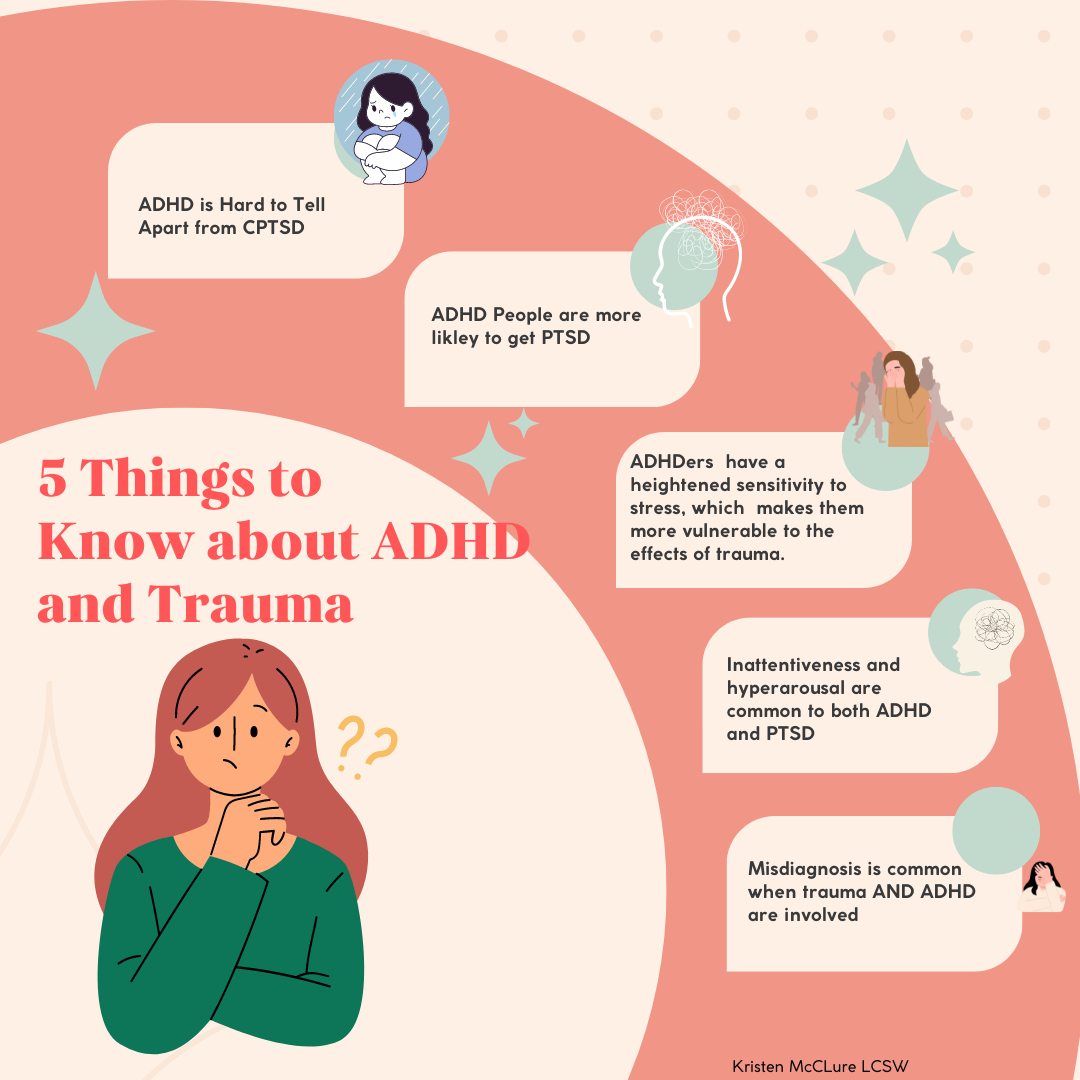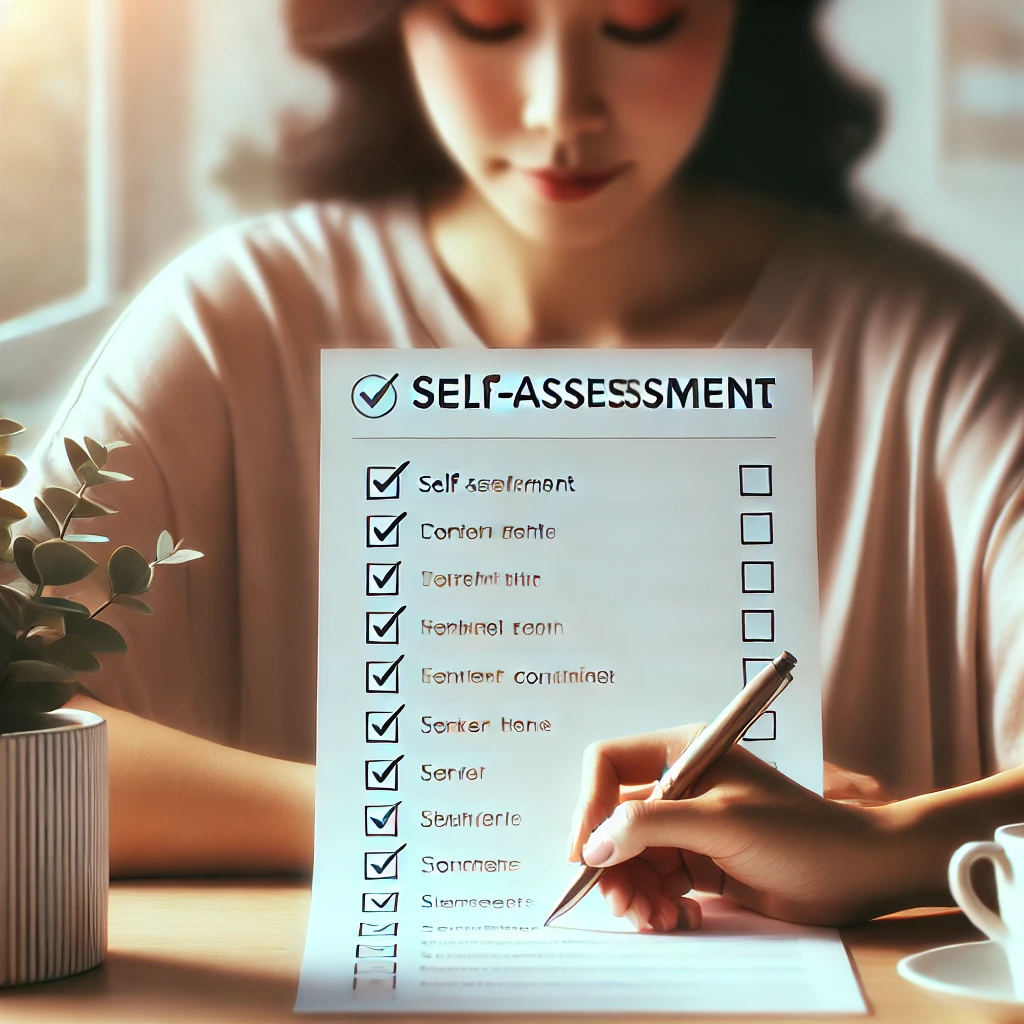
The Risks of Being a Highly Intelligent ADHD Woman
People often believe that high intelligence makes life easier, but for women with ADHD, it can create unique challenges. Intelligence doesn’t shield you from ADHD—in fact, research shows it can intensify certain struggles. This blog explores how being a highly intelligent woman with ADHD shapes both strengths and difficulties, supported by studies that reveal why this intersection is so complex.
How ADHD and High Intelligence Affect Women

You Notice Everything
Highly intelligent women often experience heightened sensitivity, a trait amplified by ADHD. This can lead to:
- Overstimulation: ADHD already makes it hard to filter distractions, and increased awareness heightens this challenge. This overstimulation can feel unmanageable for intelligent women balancing their careers, families, and personal lives.
- Emotional Sensitivity: Research indicates that women are more likely to experience emotional dysregulation with ADHD, and heightened intelligence adds layers of emotional reactivity. Everyday stressors may feel overwhelming, but this sensitivity fuels creativity and empathy.
The dual impact of intelligence and ADHD often leads women to be highly attuned to their environments, which can enhance problem-solving but also increase exhaustion.
Too Many Ideas, Too Little Time
Women with high intelligence often excel in divergent thinking or generating multiple ideas and solutions. While this is a strength, ADHD can make it challenging to channel this creativity effectively:
- Difficulty Prioritizing: The ability to see endless possibilities can lead to overwhelm, making it harder to choose a direction.
- Decision Fatigue: Research highlights that ADHD-related executive function deficits complicate decision-making, leaving intelligent women feeling stuck or unproductive in their personal and professional lives.
This challenge can be particularly draining for women managing caregiving roles, careers, or other demands.
Perfectionism in Smart Women with ADHD
Perfectionism is a common coping mechanism for ADHD symptoms, especially among intelligent women who may feel pressured to succeed in all areas of life. This perfectionism often manifests as:
- Burnout: Studies link perfectionism in women to higher rates of exhaustion and mental health challenges, especially when combined with ADHD.
- Procrastination: Fear of falling short of perfection often delays action, a behavior already associated with ADHD.
- Self-Criticism: Intelligent women with ADHD frequently set unrealistically high standards for themselves, leading to chronic dissatisfaction.
These patterns of perfectionism can create a vicious cycle, making it harder to manage ADHD symptoms effectively.
Frustration with Yourself
Highly intelligent women with ADHD often struggle with the gap between their potential and what they’re able to accomplish:
- Chronic Frustration: Recognizing their capacity for success but feeling held back by ADHD symptoms can create a constant internal conflict.
- Shame and Doubt: Many women internalize their challenges, believing their struggles stem from laziness or lack of willpower rather than ADHD’s neurological impact.
This combination of high intelligence and ADHD often leads women to feel misunderstood, further isolating them from seeking support.
The Risks of Being a Very Smart Woman with ADHD
- Burnout: Research shows that intelligent women with ADHD frequently over-rely on their cognitive strengths to “push through,” a pattern that isn’t sustainable.
- Delayed Diagnosis: Women with high intelligence are often misdiagnosed or diagnosed later in life, as their academic or professional success masks ADHD symptoms.
- Emotional Challenges: The combination of ADHD’s emotional dysregulation and heightened self-awareness in intelligent women can exacerbate cycles of shame, frustration, and self-doubt.
How Smart Women with ADHD Can Thrive
1. Accept Your Struggles
Acknowledging ADHD’s impact is key. Intelligence doesn’t negate the challenges of ADHD—it’s okay to need support. Research highlights the importance of self-awareness in building effective coping strategies.
2. Focus on Strengths
Women with ADHD and high intelligence often excel in creativity, empathy, and adaptability. They can create fulfilling pathways that align with their natural abilities by channeling these strengths into meaningful pursuits.
3. Seek ADHD-Specific Support
Tailored therapy, coaching, and medication can help manage symptoms. Addressing perfectionism and societal pressures is especially crucial for women to avoid burnout.
4. Embrace Self-Compassion
Perfectionism often inhibits growth. Research emphasizes that practicing self-compassion, such as celebrating small wins and setting realistic goals, is critical for mental well-being.
Final Thoughts
Being a highly intelligent adhd woman is a complex experience. Intelligence amplifies both the strengths and challenges of ADHD, from creativity and problem-solving to emotional sensitivity and perfectionism. Recognizing these dynamics is the first step toward thriving.
If you suspect ADHD may be affecting your life, reach out to a professional experienced in supporting women with ADHD. Understanding your unique needs and building supportive strategies can help you unlock your potential and live a more balanced life.




